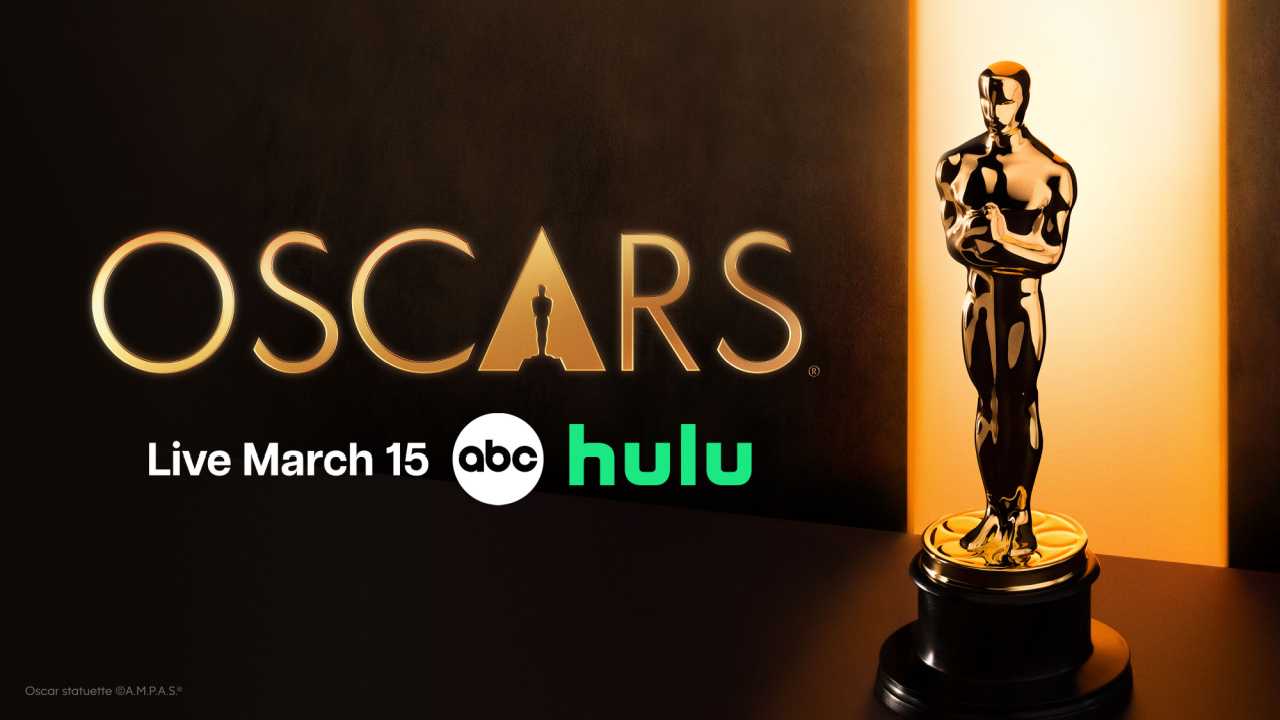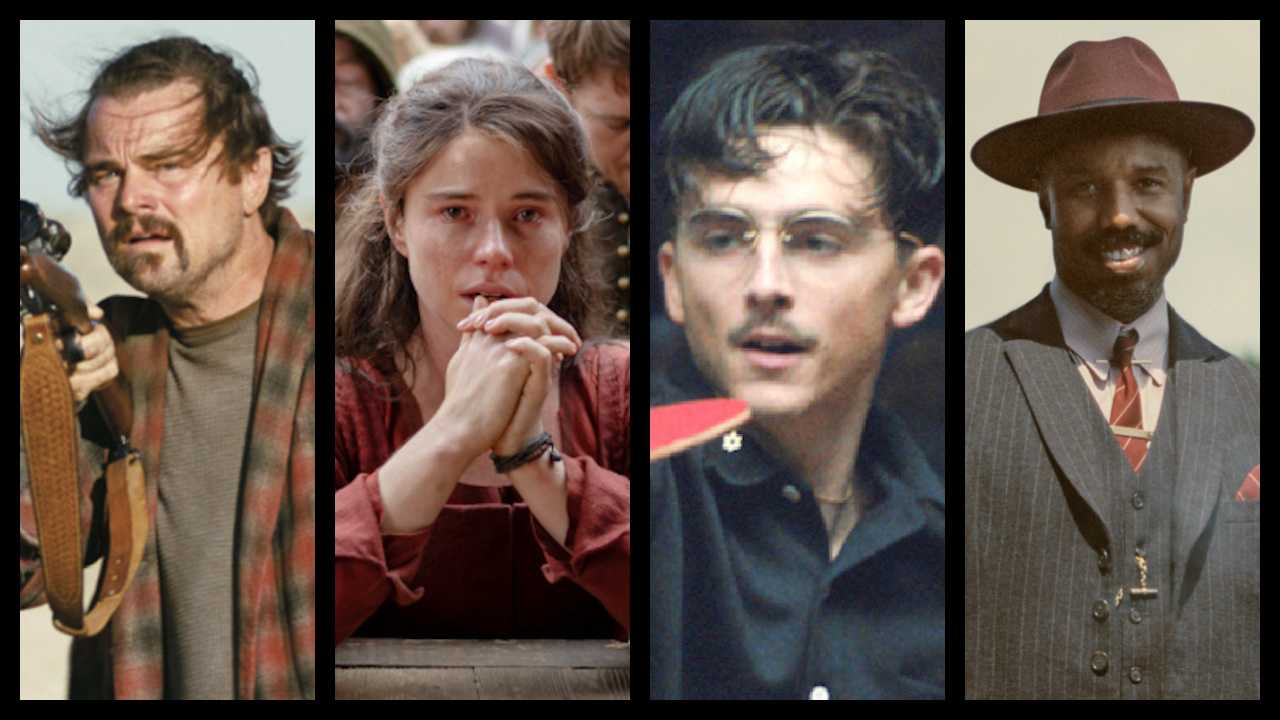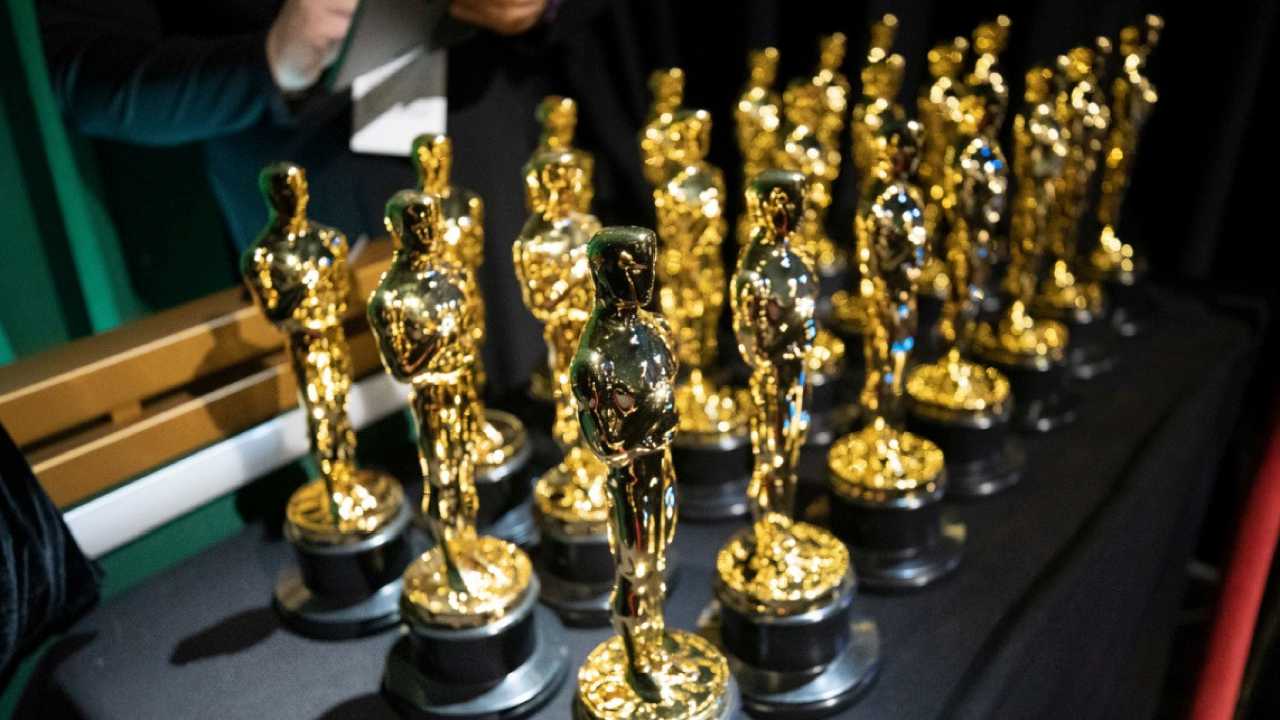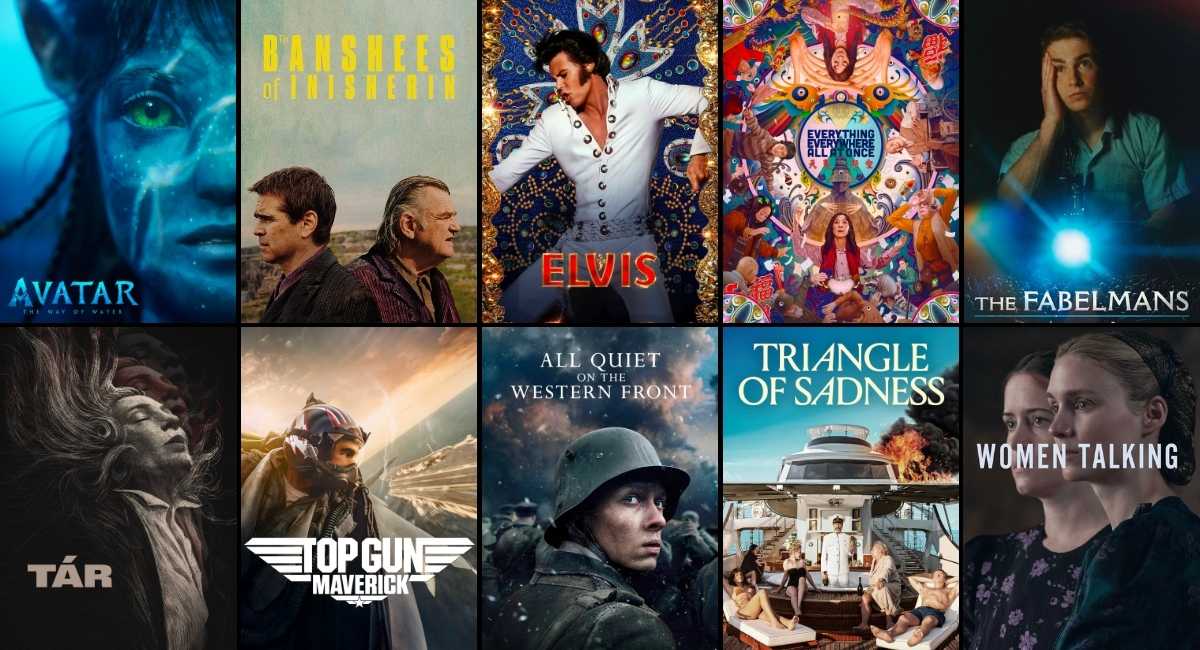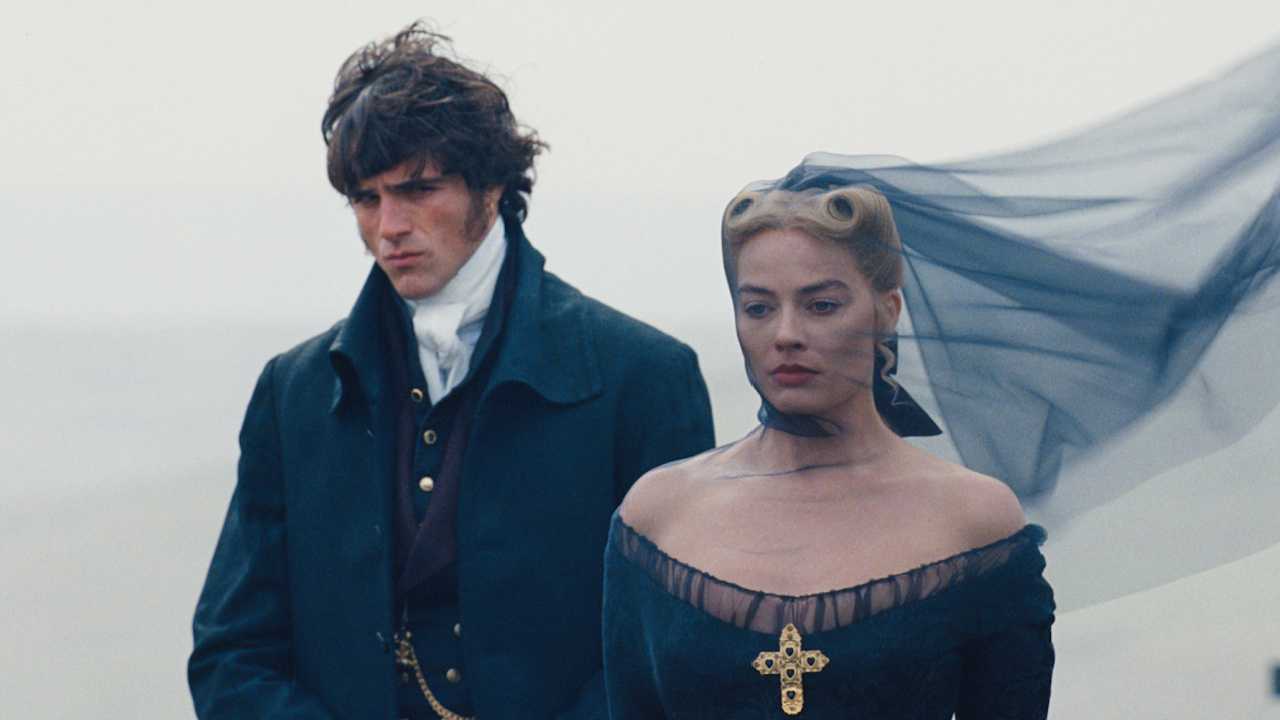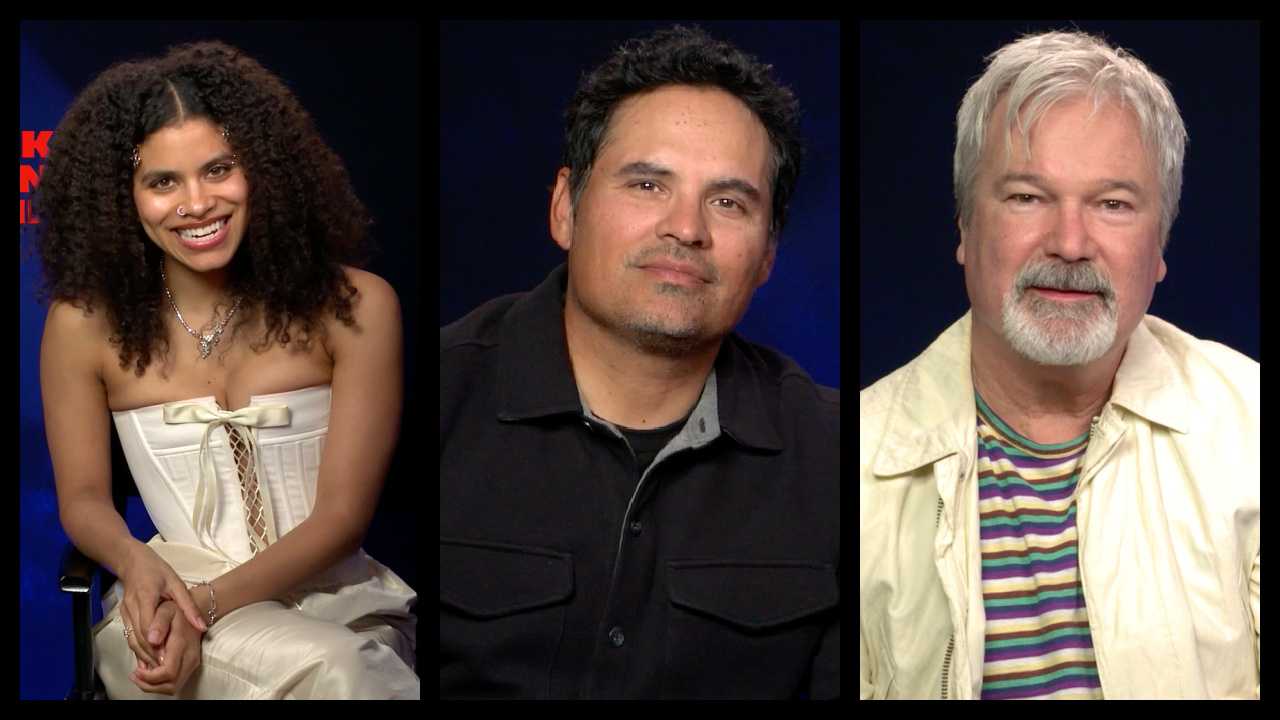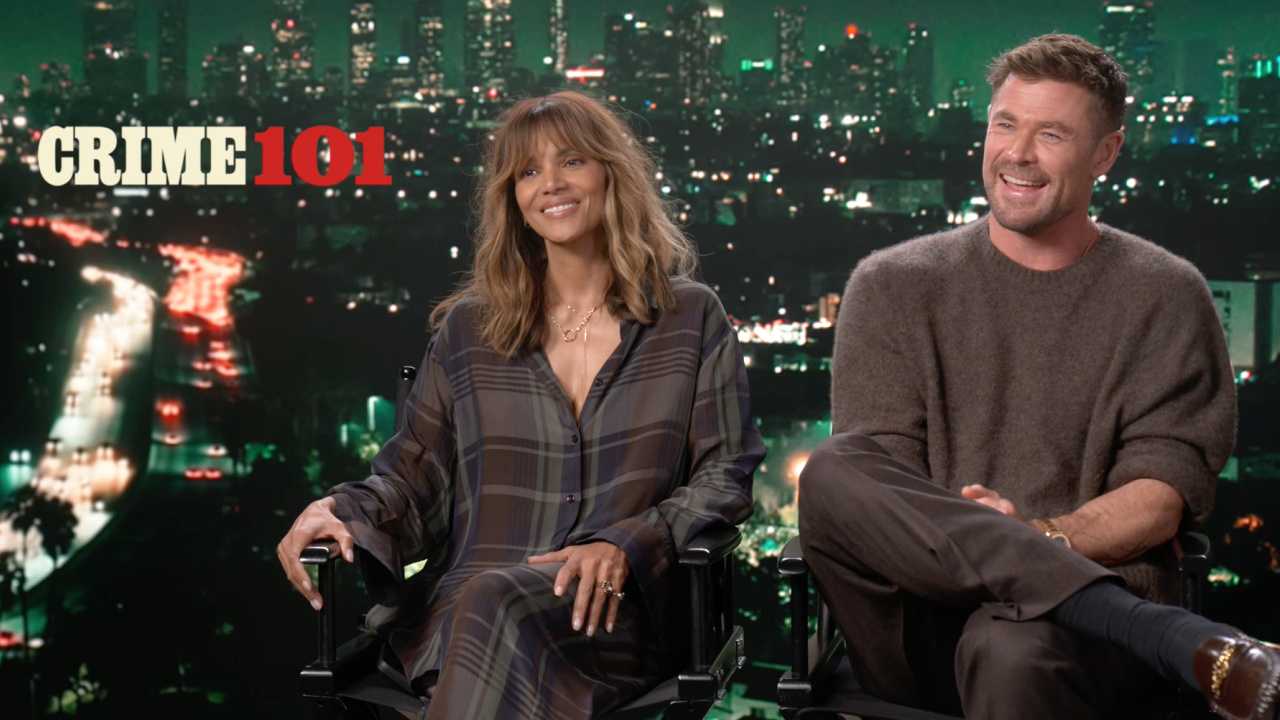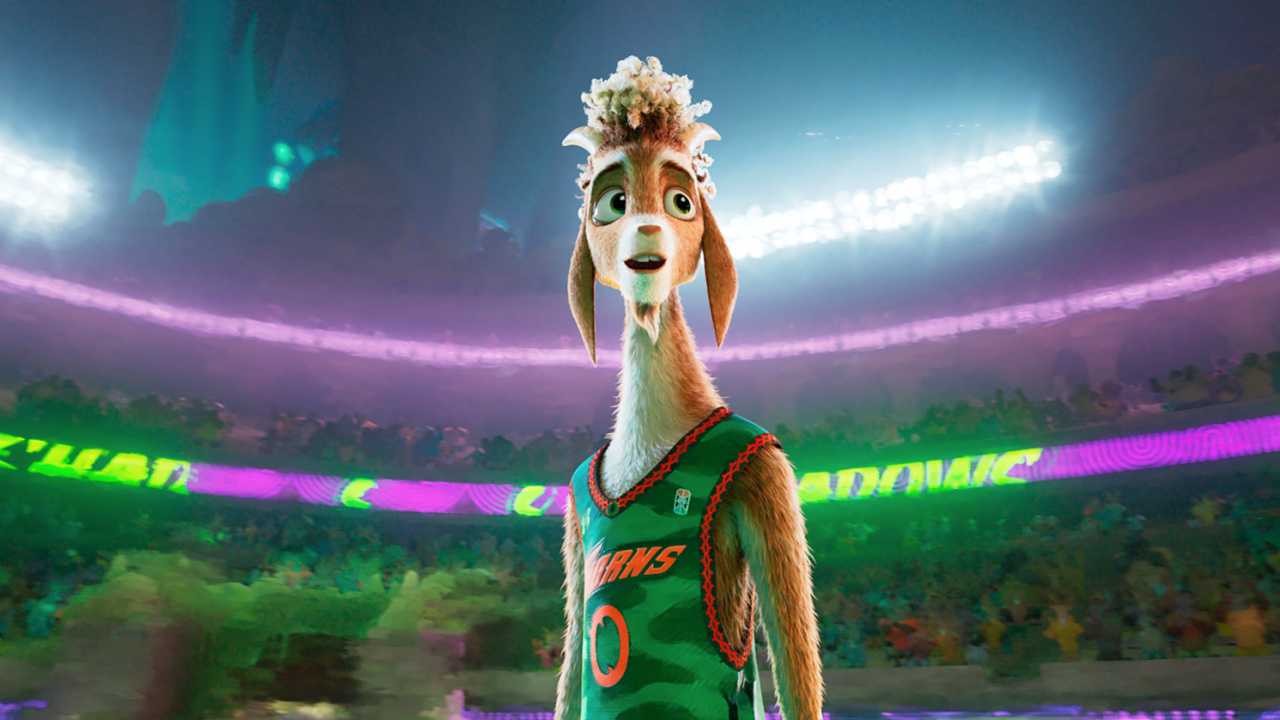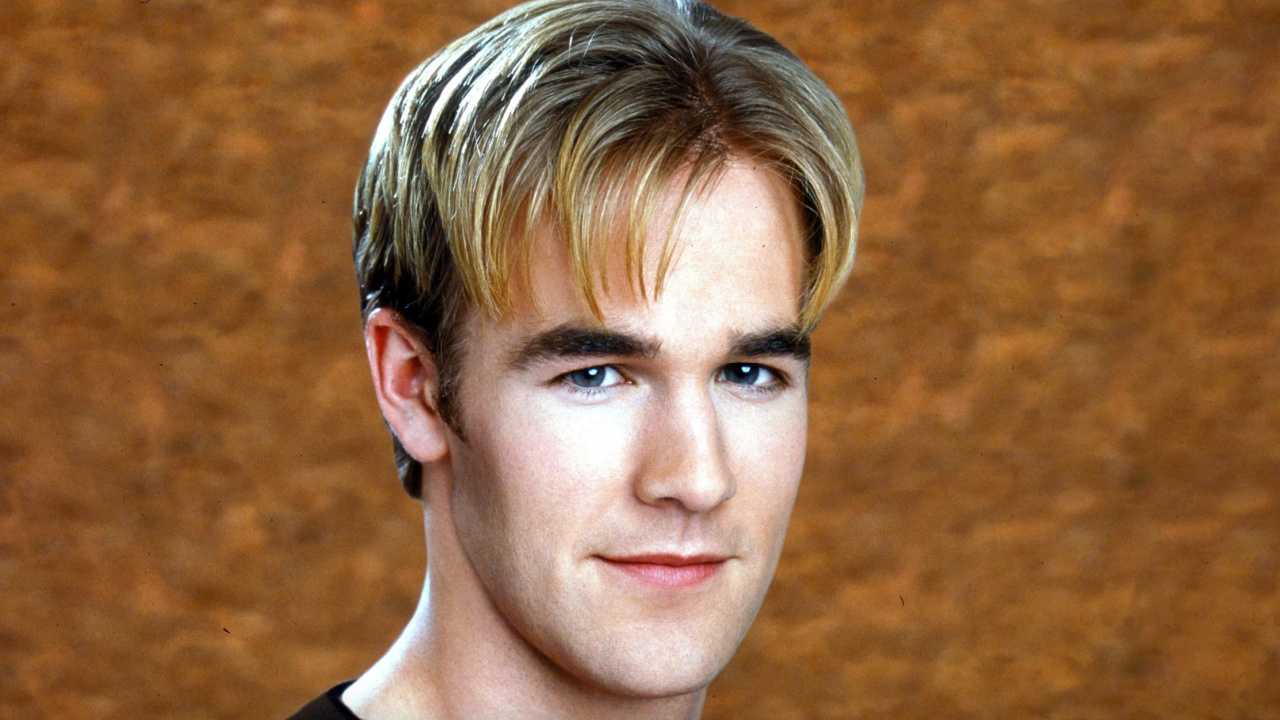Oscar Race 2018: Who's In and Who's Out After the Golden Globes

Oprah Winfrey's stirring speech at the 2018 Golden Globes served as a reminder that awards-season campaigns are like presidential candidacies. But the Globes also reminded us that some successful campaigns are insurgencies that result in upset victories.
Indeed, you can't count on the well-known, establishment candidates to win, as the Globes shutout of six-time nominee "The Post" demonstrated, and this year especially, when revolt is in the air in Hollywood, you would do well to bet on the upstarts and rebels.
Remember last year when everyone was so certain about "La La Land"? Remember how that turned out? This year, no one is going out on a limb to risk it all on the anointed frontrunners. If anything, Sunday's Globes spread the love and showed that the winners could be from anywhere, including just outside Ebbing, Missouri.
"Three Billboards" won the top prizes and gave Frances McDormand an edge for Best Actress over early favorite Sally Hawkins of "The Shape of Water." But "Shape" did win for Best Score and Best Director. For Supporting Actress, Allison Janney's "I, Tonya" mom beat another favorite, Laurie Metcalf's "Lady Bird" mom. And just because "Lady Bird" director Greta Gerwig didn't even land a Globe nomination (as presenter Natalie Portman snarked, the Globe voters didn't nominate any women directors), don't expect the Academy to make a similar omission -- not in the year of #MeToo and #TimesUp.
Meanwhile, "The Post" A-listers Steven Spielberg, Meryl Streep, and Tom Hanks all went home empty-handed. So did Christopher Nolan and "Dunkirk," and Ridley Scott and "All the Money in the World." All three movies are the kind of lavish, prestigious historical dramas that used to bring home carloads of trophies to major Hollywood studios. But this year's winners are more likely to be personal, idiosyncratic stories about traditionally marginalized people. Certainly, those are the kind of movies and performances that won at the Globes.
"Get Out," "The Big Sick," and "Call Me By Your Name" might fit that outsider definition, but they remain wild cards in the awards chase. Academy voters aren't that fond of comedies or horror films, no matter how well written, which hurts "Get Out" and "Big Sick." "Call Me" is the kind of swoony romance almost no one makes anymore, and the fact that it's a romance between two guys isn't the liability it was 12 years ago when "Brokeback Mountain" faced an uphill climb. But the age gap between the protagonists (24 and 17) is going to be a tough sell for voters who don't want to be reminded of Kevin Spacey.
Plus, the Globe successes of "Three Billboards," "Lady Bird," "I, Tonya," "The Disaster Artist," and "Shape of Water" are not guarantees that the Academy will feel the same way. Critical opinion is divided surrounding "Three Billboards," with some arguing that British/Irish filmmaker Martin McDonagh's work has some massive blind spots about small-town America, particularly regarding race. "I, Tonya" could be a similar lightning rod for controversy, just as its subject, Tonya Harding, was in real life. Oscar's disdain for comedy could hurt "Disaster" and "Lady Bird," just as its disdain for fantasy and sci-fi could hurt "Shape of Water."
Most of all, the tastes of the 90 or so members of the Hollywood Foreign Press Association, which picks the Globe nominees and winners, don't necessarily reflect those of the 6,700 industry insiders who make up the Academy. A better gauge may be the nominations issued last week for Producers Guild Awards and the Writers Guild Awards, both of which have some overlap with Academy voters. The PGAs have been a very accurate predictor over the years of Oscar's Best Picture category. The 10 nominees this year are a mix of traditional, studio prestige movies ("Dunkirk," "The Post"), independent challengers ("Big Sick," "Call Me By Your Name," "I, Tonya," "Lady Bird," "The Shape of Water," "Three Billboards") and movies with a foot in both worlds ("Get Out," "Molly's Game").
The Writers Guild chose nearly the same group of 10 for screenplay nominations. They omitted the studio pictures ("Dunkirk," "The Post") but also left off "Three Billboards." They found two additional independent movies to nominate, "Mudbound" and "The Disaster Artist."
Then, look at the third major awards union, the Screen Actors Guild, who announced their nominations last month and will hand out prizes on Jan. 21. Nominations for the top SAG award, Best Ensemble, went to "Big Sick," "Get Out," "Lady Bird," "Mudbound," and "Three Billboards." So, the only films that impressed all three guilds were "Big Sick," "Get Out," and "Lady Bird." "Dunkirk" and "The Post" had the least impressive hauls; along with "Disaster Artist," they were cited by only one guild each.
Another possible monkey wrench comes from the British Academy Award (BAFTA) nominations, announced Tuesday. The BAFTA's have a 50/50 record in predicting the eventual Best Picture choice of their American counterpart, and their taste naturally runs heavily British (there's not a single American nominee for Best Picture, Director, or Actor). Still, there's some overlap in membership between the two Academies, and the fact that the BAFTAs also failed to nominate any women directors is a troubling sign for fans of Gerwig, Dee Rees, and the like.
Also making predictions more difficult this year is the shortened schedule. The Globes came early, and so have the guild nominations. At the end of this week, we'll see the Directors Guild nominations and the deadline for nomination voting for Academy members. That means that Oscar voters have had barely any time this winter to be influenced by others, and they'll have to have nominations voting complete as early as Jan. 12. (Once the nomination votes are tallied, they'll be announced on Jan. 23.)
With all the unpredictability of the nomination process this year, the only trophy that seems like a lock already is Best Actor. As at the Globes, it will surely go to Gary Oldman for playing Winston Churchill in "Darkest Hour." On the surface, Oldman seems like a safe choice, but he's actually the outsider in this race; incredibly, he's never won an Oscar and is long overdue. As Churchill himself learned, it's easy to go from rejected outsider to clubby insider in a moment. And vice versa.

